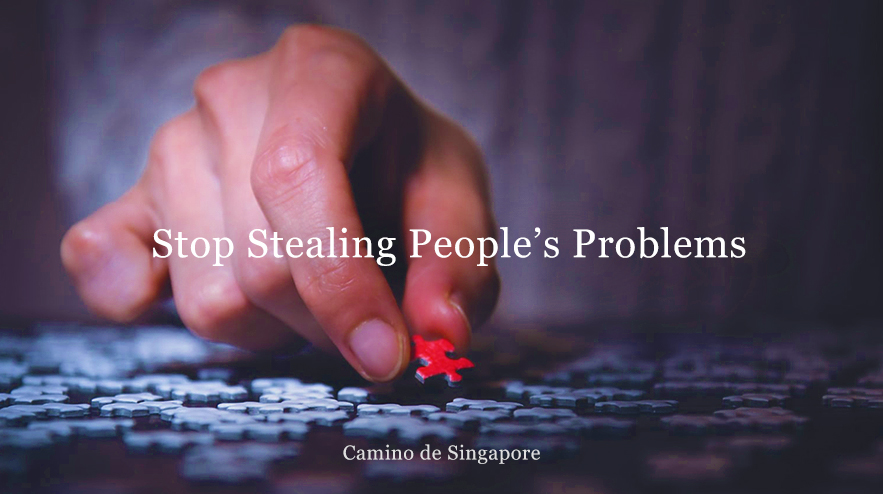No products in the cart.

Photo by https://unsplash.com/@ryoji__iwata
“Don’t steal people’s problems,” shared one participant at an online roundtable organised by the Institute of Policy Studies in July. He continued, “People are capable of solving their own problems.”
I was taken aback by his remarks. Not because the concept was new to me (it was not), but because I was reminded of how empowering our social service system could become.
The first time I learned of this concept was back in 2017 at the 3rd MSF-CSC Social Sector Conference. I had the privilege of hearing from Mauricio Lim Miller, founder of the Family Independence Initiative (FII) in United States. FII has a radical approach to tackling poverty. Instead of prescribing solutions or offering advice to clients, FII partners with low-income families and directly invests in the solutions they came up on their own. All they ask from families is to report on their activities, finances, and progress. FII then analyses and shares stories of “early adopters” to drive change in the community.
I remembered feeling inspired. The principles of dignity, solidarity, and participation behind the concept align with my Catholic faith. But the realist in me wondered whether such a model would work in Singapore. For example, how does one measure success?
Imagine my delight when I read about Beyond Social Services’ work in the community. Though not entirely the same model, their asset-based community development approach is yet another proof that we can do good work in ways that foster empowerment and dignity. Having service users or clients take ownership of their own problems and solutions, as well as by providing an encouraging environment that allows them to tap into their own strengths and resources, driving change should not be unrealistic. It should work.
What does this mean, then?
Perhaps we should question the way we structure and deliver services. How do we view our fellow brothers and sisters who are looking for support? Are they problems that require fixing or experts in their own lives capable of change?
As a family member, friend, or practitioner, how do we see our role in their lives? What can we do to promote their resilience and resourcefulness?
Initiatives such as Belle, the Beyond The Label helpbot, and mindline.sg are some great examples of promoting resourcefulness. By allowing individuals to assess their own well-being and navigate through the various support schemes, these platforms empower them to resolve their own problems.
We all want to do good, so let us do it right.
Jorain Ng is part of the Advocacy and Research team at Caritas Singapore. She thinks she should have been born in the groovy 80s and can often be found listening to Abba and Bee Gees songs.
